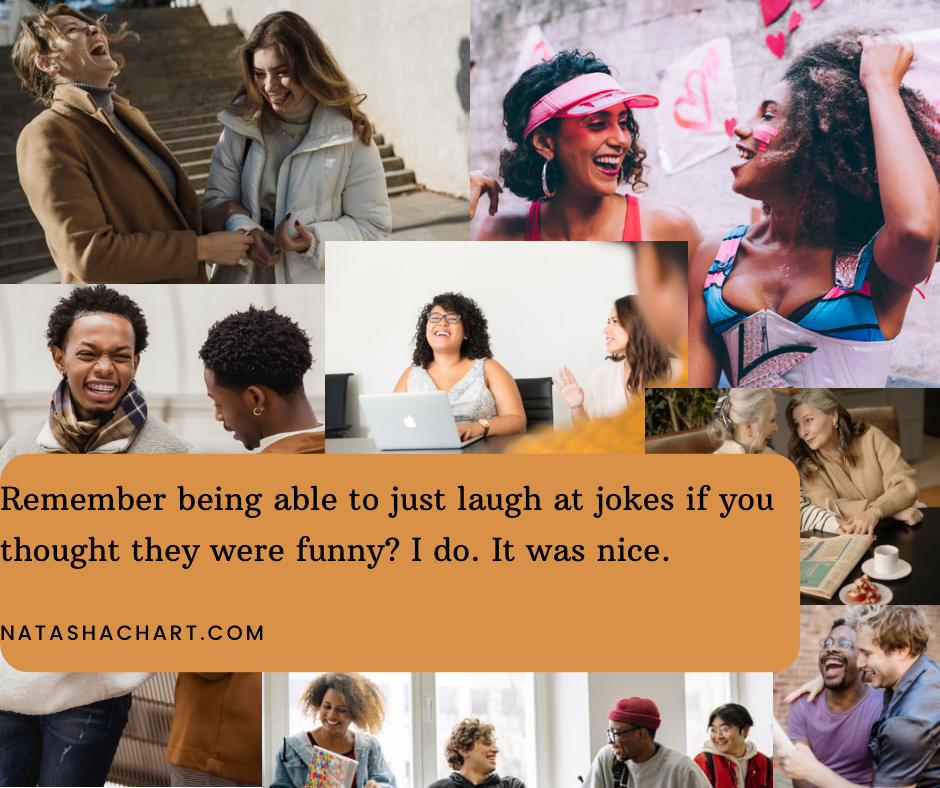
Hot take: there’s a direct correlation between the public relations ideal of a public figure as someone who’s never had an ordinarily strong or difficult opinion—unless maybe that opinion was rolled out carefully to position the person as brave and stunning—and the success of cancel culture mobs in destroying free speech norms.
Public figures imbibe years worth of advice to be stilted, to say nothing interesting, nothing potentially controversial. Then they end up needing training in “authenticity,” after they’ve invested so much time in suppressing themselves.
This has created a race to the bottom in free expression, and an unreasonable expectation placed on the best known members of society, who serve as examples by simple fact of exposure and recognition, that they ought to effectively have no personality or flaws.
In a social media world, we can all become public figures. We can make public statements, issued effectively to the entire world community that has access to the open internet. A standard of etiquette that developed as bespoke self-protection now tightens around the rest of us.
Remember being able to just laugh at jokes if you thought they were funny? I do. It was nice. Never know what you’ve got ‘til it’s gone, as they say.
When authority figures get pressured by cancel culture mobs to punish their own employees over accusations of small thought crimes, they’ll have already been primed by public relations or media training to believe that the existence of a complaint is proof of wrongdoing.
What have the advisors of these authority figures been telling them? Often, it’s that if anyone knows enough about your opinions to criticize them, if you have any old and problematic jokes online, you’re doing it wrong.
The error is not the opinion, it’s the existence of controversy. The merits of the opinion don’t enter in.
The problems of cancel culture, lack of authenticity, alienation, and increasing social bond fragility, are of a piece.
There’s not a way past these problems without working to normalize civil disagreement around the real expression of an ordinary range of opinion and humor.
